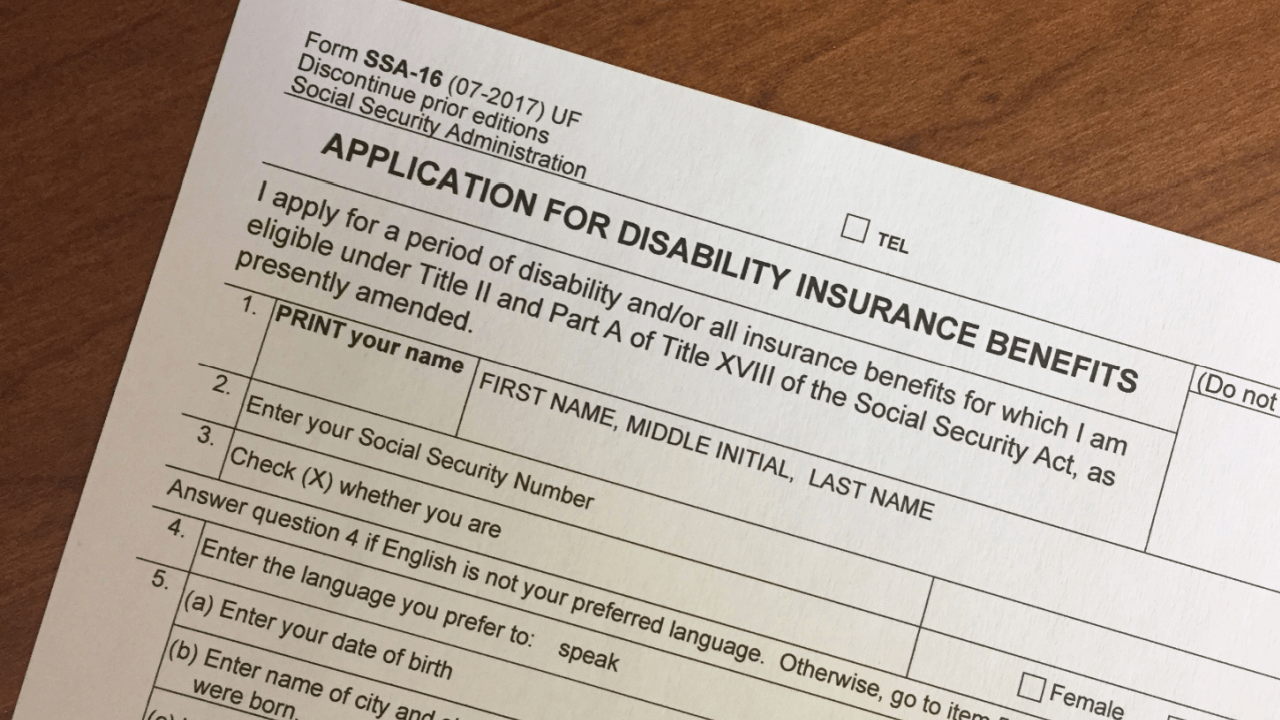
What Gets You Approved for SSDI? Essential Requirements Explained
SSDI Basics Explained: What Gets You Approved and Why It Matters
What gets you approved for SSDI depends on meeting specific medical and work requirements set by the Social Security Administration. SSDI approval requires proving you have a qualifying disability that prevents you from working for at least 12 months, along with sufficient work credits earned through previous employment.
The Social Security Disability Insurance program provides monthly benefits to individuals who cannot work due to severe medical conditions. Understanding what gets you approved for SSDI helps applicants better understand the application process and common reasons claims may be denied.
Medical Qualification Factors: What Gets You Approved for SSDI
The Social Security Administration uses a strict five-step evaluation process to determine what gets you approved for SSDI. Your medical condition must meet specific severity standards outlined in the Blue Book, which lists qualifying impairments.
Your disability must be severe enough to significantly limit your ability to perform basic work activities. Mental health conditions, physical impairments, and chronic illnesses can all qualify if they meet duration and severity requirements. What gets you approved for SSDI medically includes conditions like heart disease, cancer, arthritis, depression, anxiety disorders, and neurological conditions.
The SSA requires medical evidence from treating physicians, including detailed treatment records, diagnostic test results, and physician statements about your functional limitations. Hospital records, surgery reports, and ongoing treatment documentation are commonly reviewed as part of the SSA’s evaluation.
Employment Credit Rules: SSDI Work History and Credit Requirements
What gets you approved for SSDI includes having sufficient work credits earned through Social Security tax contributions. Most applicants need 40 work credits total, with 20 earned in the last 10 years before becoming disabled. Younger workers may qualify with fewer credits.
Each year of full-time work typically earns four credits, making the minimum work requirement approximately 10 years for most adults. Self-employed individuals and traditional employees both earn credits through Social Security contributions on their earnings.
Recent work history matters significantly in determining what gets you approved for SSDI. The SSA evaluates whether you can perform your previous job or adjust to other work considering your age, education, work experience, and residual functional capacity.
Evidence Submission Guide: Documentation That Strengthens Your SSDI Application
Documentation is a central part of how the SSA evaluates SSDI applications. Medical records should span at least 12 months and demonstrate consistent treatment for your disabling condition. Include records from all treating physicians, specialists, hospitals, and therapy providers.
Work history documentation includes W-2 forms, tax returns, and detailed job descriptions showing your past work duties and physical or mental requirements. This helps the SSA understand what gets you approved for SSDI by comparing your current limitations to previous job demands.
Additional supporting evidence includes statements from family members, friends, or former colleagues describing how your condition affects daily activities. Vocational expert opinions and functional capacity evaluations may be considered in some complex cases.
Approval Boost Checklist: Key Factors That Improve SSDI Chances
What gets you approved for SSDI often involves demonstrating complete inability to maintain gainful employment. The SSA considers whether an applicant is engaging in substantial gainful activity, as defined under Social Security regulations.
Consistent medical treatment shows the severity and ongoing nature of your condition. Gaps in treatment can hurt your claim unless you can explain them through lack of insurance or other valid reasons. Regular doctor visits and following prescribed treatments demonstrate good faith efforts to improve your condition.
Age becomes increasingly important in determining what gets you approved for SSDI. Applicants over 50 are evaluated under additional grid rules that consider age, education, and transferable work skills.
SSDI Success Strategy: How to Maximize Your Approval Odds
Understanding what gets you approved for SSDI requires thorough preparation before filing your application. Gather comprehensive medical records, maintain detailed documentation of how your condition affects daily activities, and ensure your treating physicians understand the severity of your limitations.
Consider working with a qualified disability attorney or advocate who understands what gets you approved for SSDI. Professional representation may help explain procedural requirements, assist with evidence gathering, and guide applicants through the SSDI process.
Take Action on Your SSDI Application Today
Getting approved for SSDI begins with filing your initial claim. Since the application process typically takes several months to complete, the Social Security Administration recommends applying as early as possible. Keep in mind that benefit payments can only be backdated up to 12 months from when you submit your application.
If you need legal assistance navigating the SSDI application process or appealing a denied claim, consider consulting with a disability attorney to obtain legal information about the SSDI application or appeals process.
Frequently Asked Questions
1. How long does the SSDI approval process take?
The initial SSDI decision typically takes 3-5 months, though complex cases may take longer. Reconsideration and appeals can extend the timeline to 12-18 months or more.
2. Can I work while receiving SSDI benefits?
SSDI recipients can work within strict earnings limits. The trial work period allows testing your ability to work for nine months without losing benefits.
3. What happens if my SSDI application is denied?
You have 60 days to file an appeal after denial. The appeals process includes reconsideration, administrative law judge hearing, and further appeal levels if necessary.
4. Do I need a lawyer for my SSDI application?
While not required, disability attorneys can significantly improve approval chances, especially for complex cases or appeals. Most work on contingency fees.
5. How much can I receive in SSDI benefits?
SSDI benefit amounts depend on your average lifetime earnings covered by Social Security. The average monthly benefit in 2023 is approximately $1,483.
Key Takeaways
- Medical evidence spanning at least 12 months proving inability to work is essential for SSDI approval.
- Sufficient work credits earned through Social Security tax contributions are required for eligibility.
- Consistent medical treatment and comprehensive documentation strengthen your application significantly.
- Age, education, and work experience influence approval decisions under Social Security grid rules.Professional representation can improve approval chances and help navigate the complex application process.


